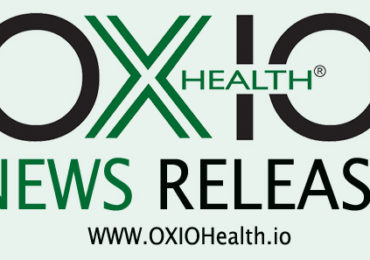I’d like to take a small detour with our blog series on Silicon Valley and Healthcare and talk more about Amazon indirectly, and a lot more about the recent announcement of CVS’s acquisition of Aetna.
In brief, and as best as I can gather, Aetna has (approximately):
- 1 million medical members
- 3 million dental members
- 3 million pharmacy benefit management services members
- 609 million group insurance members
- An estimated 1.2 million healthcare professionals under contract
- 695,971+ primary care doctors and specialists under contract
- 5,712 hospitals under contract
- $63 billion in revenues
- 50,000 employees
- Profit margin 3%
CVS has (approximately):
- 10,000 Stores
- 240,000 employees
- $153 billion in revenues
- Profit margin 3%
Some of the headlines we have read have talked about how this merger would reduce cost and expand healthcare access. One such headline was from the New York Times, “CVS and Aetna Say Merger Will Improve Your Health Care. Can They Deliver?”
We have thought about this a great deal and are very doubtful. First, I doubt that the PBM (Pharmacy Benefit Managers) and pharmacy mergers reduce cost. We have two we can point out; one was the merger between CVS and Caremark in 2007, and the second was UnitedHealth’s acquisition of OptumRX in 2015. Did anyone see prices drop?
The challenge (in part) with PBMs is that they are perceived to be in a world that is not transparent to the consumer or even to the payors. Recently, Anthem got into a major fight with the last remaining big PBM, Express Scripts. Just two months ago, it was announced that Anthem would partner with CVS to create a new PBM.
My first question is: Will Anthem, the largest insurer, continue with a relationship with the largest pharmacy, second or third largest PBM, and now towing the third largest HMO insurer in the country?
The agreement is set to be operational July 1, 2020. If the merger between CVS and Aetna is closed, I am willing to bet that Anthem will pull out of the deal.
Since the passing of the Affordable Care Act of 2010 (ACA), my perspective of Washington D.C. from afar senses that the idea for the last seven years has been perceived that the largest systems have more purchasing power and therefore, could provide lower cost and/or better care.
You can point to the prior approval of the merger between Express Scripts and MEDCO; two large PBMs that became the largest. You can also apply that same argument to the tens of thousands of providers acquired by hospital systems. Have we seen any reduction in healthcare cost? I am convinced that generally in most cases those hospital/physician mergers have created more expensive healthcare delivery systems.
Previously, we wrote about the proposed merger of Aetna and Humana and the Anthem and Cigna merger. Eventually, both were blocked. I love the managed care companies as an industry – the best care is always local.
PBMs, as large as they are, have nearly no direct consumer presence. The consumers are not theirs, they are intermediaries for the payors, HMOs and/or insurance companies. On the other hand, Amazon in my eyes, is still the monster than can disrupt the industry.
Let me make my point… using the public financial numbers from Express Scripts, they generate about $100 billion (USD) in revenues with a net profit margin of 3.41% or about $3 billion. Amazon has annual revenues of about $200 billion (USD), and they have a net profit margin of 0.60%. Are you starting to see my point?
Don’t try to figure out IF Amazon can improve based on the key strengths I discussed previously – the best in logistics, supply chain management, payments, transparency, data analytics and lastly consumer centric – than anyone else in healthcare today. I would also bet they can run a more efficient operation by using more technology. Would any one challenge that last part?
The obvious part, is that Amazon can also likely negotiate better with pharma, have lower cost in all those things they are naturally good at, and they can also operate with 75% or less profit and still be the third, fourth or fifth most valuable company in the U.S.
Healthcare is getting disrupted by technology today and that disruption is just getting started.
Finally!!
https://www.nytimes.com/2017/12/04/health/cvs-aetna-merger.html
– Noel J. Guillama, President
